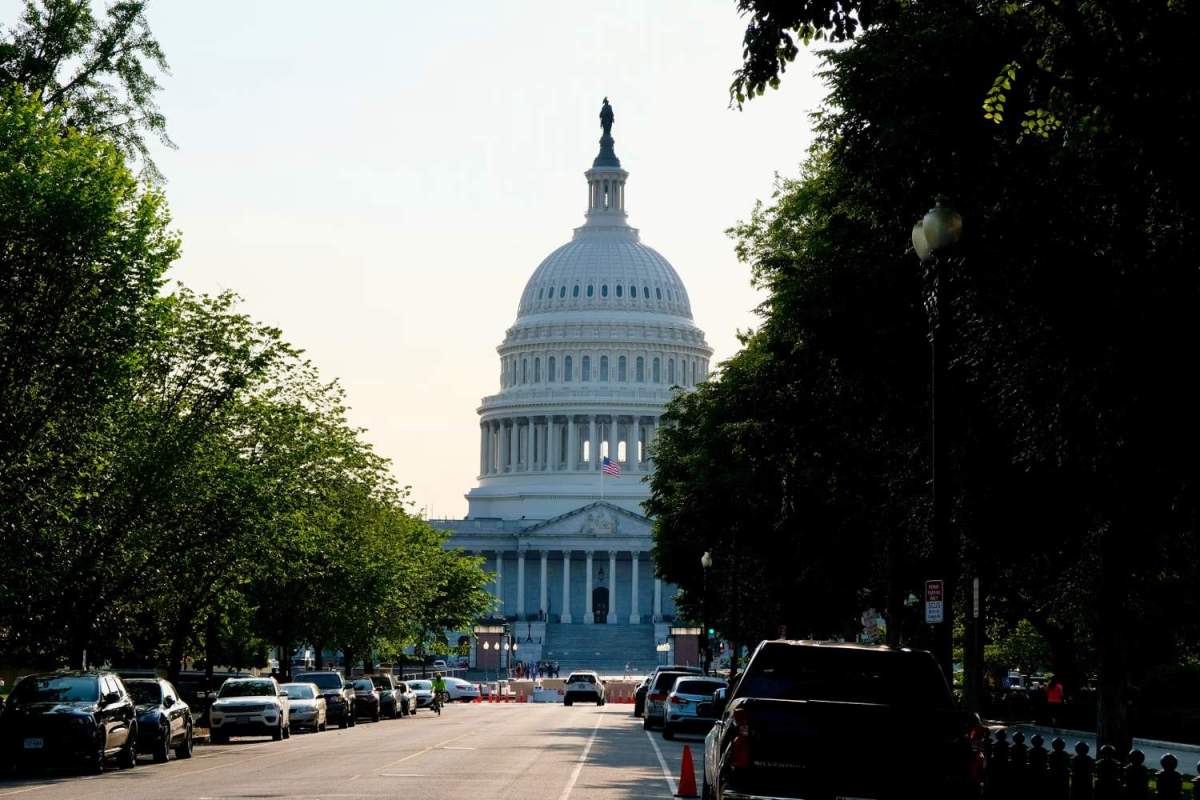Sports fans hate blackouts and are increasingly frustrated by the sheer number of streaming services they have to subscribe to in order to watch their favorite teams. The U.S. House of Representatives could be on the war path to end those blackout restrictions and simplify the viewer experience altogether.
House Judiciary Committee chairman Jim Jordan (R-OH) sent letters to each of the four major North American sports league commissioners on Monday “requesting briefings on sports broadcasting markets and ‘blackout’ exemptions,” according to a press release from the committee.
CBS Detroit’s Rachel Hopmayer reported the news on X.
News: House Judiciary Committee is requesting voluntary briefings from NFL, NHL, NBA and MLB by August 25 re: tv blackout exemptions
Chairman Jim Jordan (R-OH) wrote to all four commissioners that broadcast distribution has outpaced Sports Broadcasting Act’s antitrust framework pic.twitter.com/luZHCnsVF3
— Rachel Hopmayer (@rachelhopmayer) August 11, 2025
In his letters, Jordan claims the Sports Broadcasting Act of 1961 does not apply in an era where television is no longer the dominant force in watching sports. The law was designed to protect smaller teams in major sports leagues like the NFL, NBA, NHL and MLB from being victimized by major television networks. It allowed the leagues to commit antitrust violations by pooling every franchise’s broadcast rights and negotiating league-wide deals with networks. In turn, franchises were permitted to “blackout” home games in their own markets in order to encourage fans to buy tickets and attend in person.
“While the SBA may have made sense in an era when network broadcasters had significant market power and major sports leagues were seen as at a disadvantage, because of massive changes in the video-competition marketplace, it no longer does,” Jordan’s letter concludes.
The House committee’s request comes roughly two months after the Senate Commerce Committee grilled representatives of each league on the nuances and inconveniences of streaming live sports.
“Fans are understandably upset that it’s really hard to watch your home team, figure out what app or what network, how to watch it,” Committee chair Ted Cruz (R-TX) said then. “It’s fractured right now. It’s expensive right now.”
According to a study published in July (s/t Sports Business Journal), nine in 10 sports fans are streaming live sports instead of watching on television. ESPN+, which streams every out-of-market NHL game with a subscription, was the second most used platform (39 percent) behind Amazon (65 percent). However, ESPN+ does participate in blackouts for games considered in-market.
“If you’re trying to watch a game that includes an in-market team – even if the game is nationally televised – the game may be blacked out for streaming on ESPN+ (or other applicable third-party services),” according to the service’s policy.
Rep. Patrick Ryan (D-NY) introduced the Stop Sports Blackouts Act in January which would amend the Communications Act of 1934 and direct the Federal Communications Commission (FCC) to require television providers to issue rebates for customers that experience sports blackouts.
The House is currently on summer recess and won’t reconvene until early September. Neither Ryan’s bill nor Jordan’s requested briefings from the leagues can go any further until at least then.

